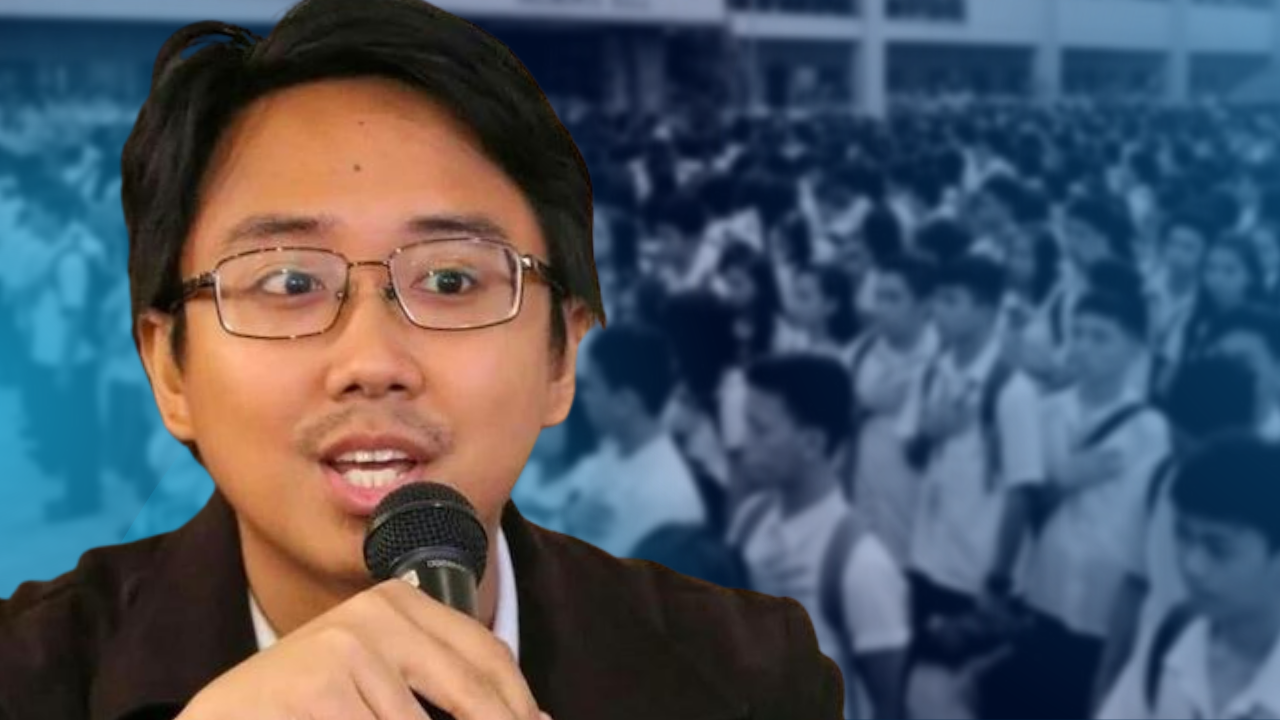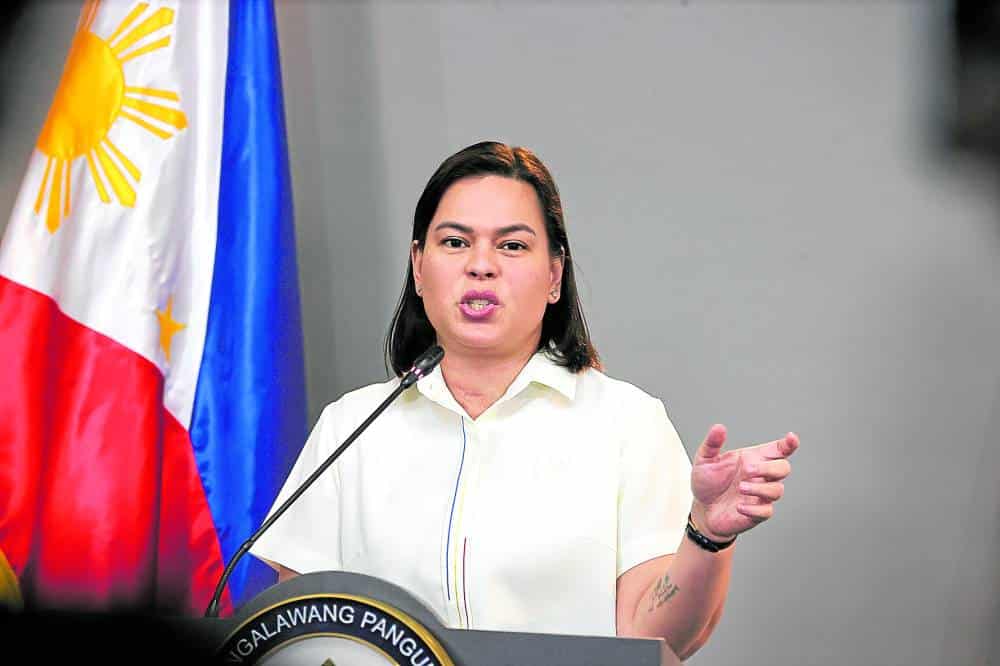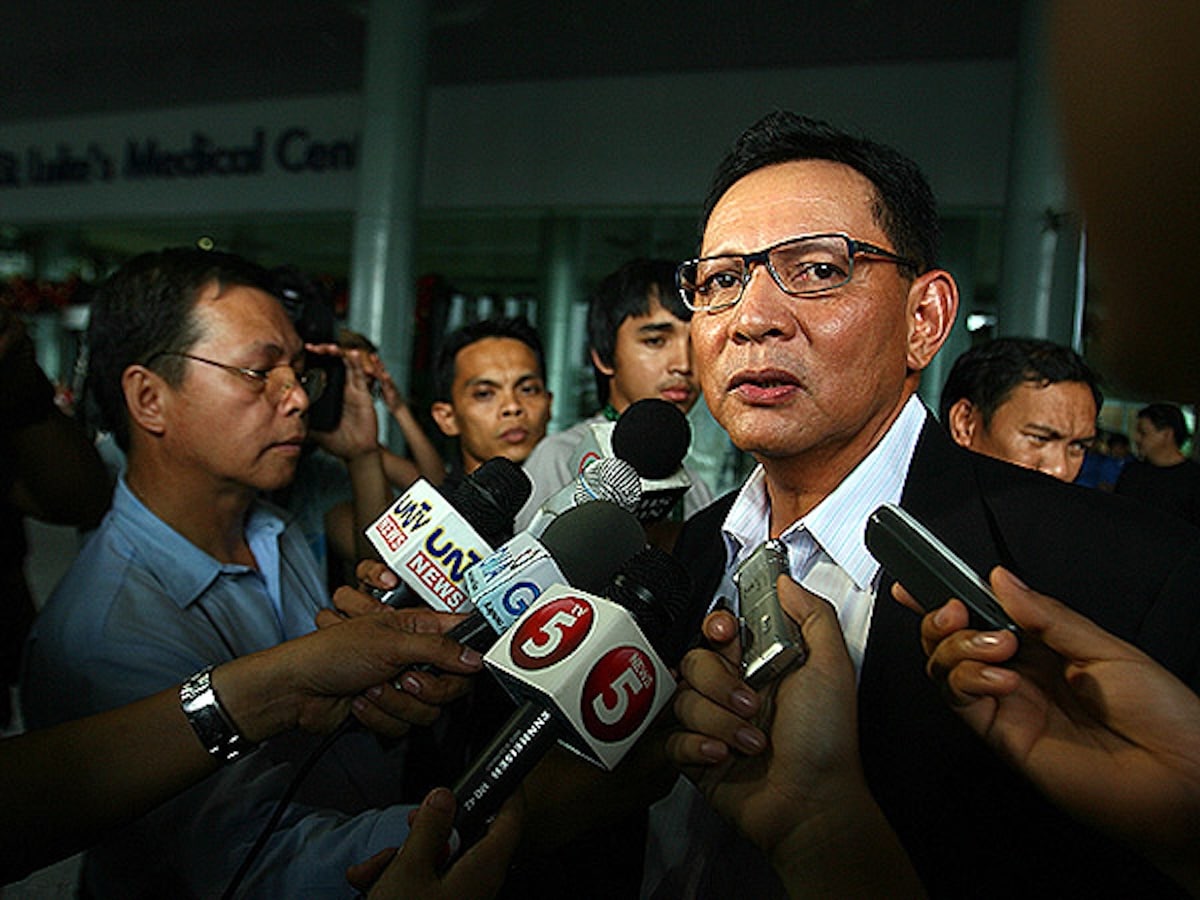A recent report by Reuters revealed that around a third of accounts on X, formerly Twitter, that posted about the arrest of former president Rodrigo Duterte by the International Criminal Court (ICC) on crimes against humanity were “fake.” The research, done by Israel-based tech firm Cyabra using artificial intelligence, showed that these “fake” accounts—praising Duterte and lambasting the ICC—are aimed at shaping online discourse around the 12 May polls. Reuters said an upcoming study also disclosed that up to 45 percent of discussions related to the 2025 elections are being driven by inauthentic accounts, such as bots, sock puppets, and avatars. lamented that the growing sophistication of digital manipulation poses a serious threat to the integrity of the country’s electoral process. The Pampanga lawmaker underscored the need for the concerned agencies—the Department of Education, Commission on Higher Education, and the Department of Information and Communications Technology—to launch a national digital literacy program to assist the public, especially students and youth, who are most active online and most vulnerable to digital manipulation, in spotting false content and avoiding falling prey to it. Meanwhile, Deputy Speaker David “Jayjay” Suarez suggested that social media platforms such as X, YouTube, and Meta—the parent company of Facebook, Instagram, and Threads—enforce a stringent and more proactive approach to detect and eliminate these bogus accounts. Meanwhile, he appealed to politicians running in the 2025 polls to uphold clean and honest elections by doing away with fake engagement and digital deceit. Read Full Story






